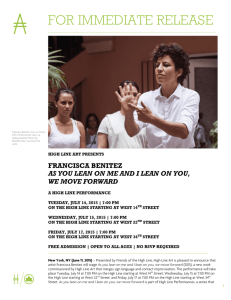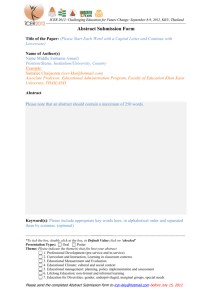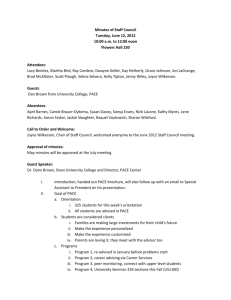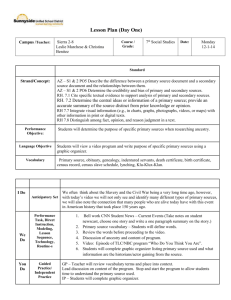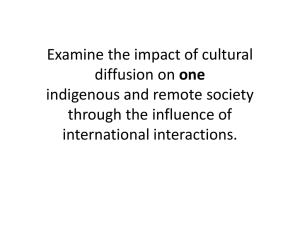The Role of Religion among Sex Workers in Thailand – Jordan Rollins
advertisement
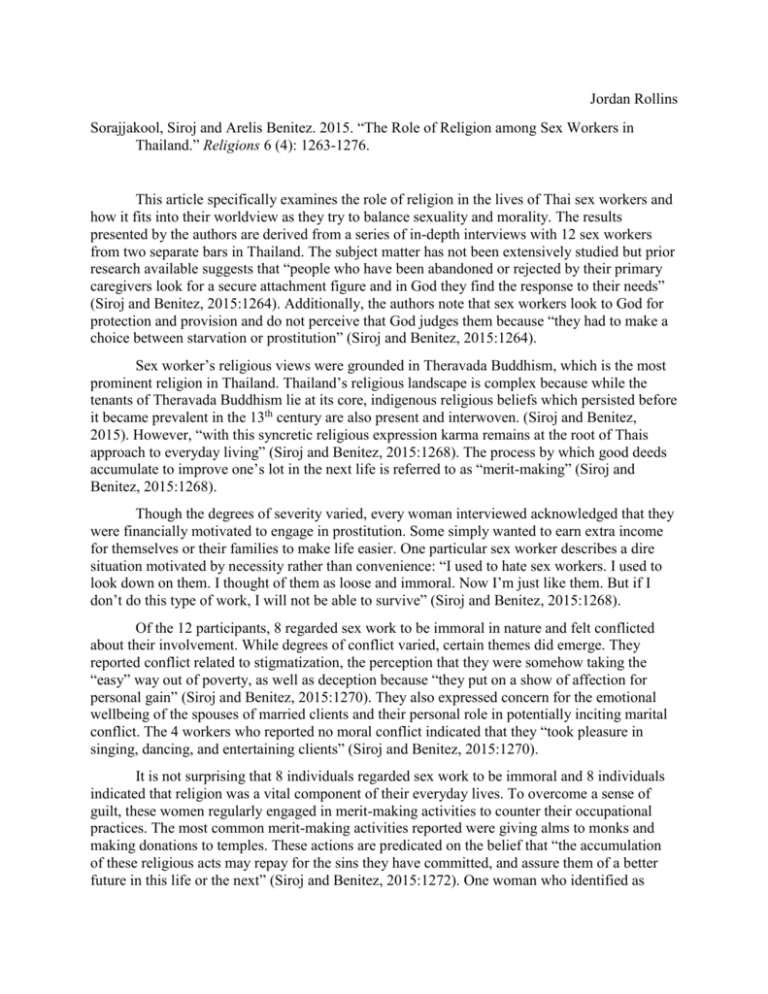
Jordan Rollins Sorajjakool, Siroj and Arelis Benitez. 2015. “The Role of Religion among Sex Workers in Thailand.” Religions 6 (4): 1263-1276. This article specifically examines the role of religion in the lives of Thai sex workers and how it fits into their worldview as they try to balance sexuality and morality. The results presented by the authors are derived from a series of in-depth interviews with 12 sex workers from two separate bars in Thailand. The subject matter has not been extensively studied but prior research available suggests that “people who have been abandoned or rejected by their primary caregivers look for a secure attachment figure and in God they find the response to their needs” (Siroj and Benitez, 2015:1264). Additionally, the authors note that sex workers look to God for protection and provision and do not perceive that God judges them because “they had to make a choice between starvation or prostitution” (Siroj and Benitez, 2015:1264). Sex worker’s religious views were grounded in Theravada Buddhism, which is the most prominent religion in Thailand. Thailand’s religious landscape is complex because while the tenants of Theravada Buddhism lie at its core, indigenous religious beliefs which persisted before it became prevalent in the 13th century are also present and interwoven. (Siroj and Benitez, 2015). However, “with this syncretic religious expression karma remains at the root of Thais approach to everyday living” (Siroj and Benitez, 2015:1268). The process by which good deeds accumulate to improve one’s lot in the next life is referred to as “merit-making” (Siroj and Benitez, 2015:1268). Though the degrees of severity varied, every woman interviewed acknowledged that they were financially motivated to engage in prostitution. Some simply wanted to earn extra income for themselves or their families to make life easier. One particular sex worker describes a dire situation motivated by necessity rather than convenience: “I used to hate sex workers. I used to look down on them. I thought of them as loose and immoral. Now I’m just like them. But if I don’t do this type of work, I will not be able to survive” (Siroj and Benitez, 2015:1268). Of the 12 participants, 8 regarded sex work to be immoral in nature and felt conflicted about their involvement. While degrees of conflict varied, certain themes did emerge. They reported conflict related to stigmatization, the perception that they were somehow taking the “easy” way out of poverty, as well as deception because “they put on a show of affection for personal gain” (Siroj and Benitez, 2015:1270). They also expressed concern for the emotional wellbeing of the spouses of married clients and their personal role in potentially inciting marital conflict. The 4 workers who reported no moral conflict indicated that they “took pleasure in singing, dancing, and entertaining clients” (Siroj and Benitez, 2015:1270). It is not surprising that 8 individuals regarded sex work to be immoral and 8 individuals indicated that religion was a vital component of their everyday lives. To overcome a sense of guilt, these women regularly engaged in merit-making activities to counter their occupational practices. The most common merit-making activities reported were giving alms to monks and making donations to temples. These actions are predicated on the belief that “the accumulation of these religious acts may repay for the sins they have committed, and assure them of a better future in this life or the next” (Siroj and Benitez, 2015:1272). One woman who identified as “very religious” served as “chair of the committee that oversees charitable activities of the local village temple and is a well-respected member of her community” (Siroj and Benitez, 2015:1273). Meditating is also an important religious practice that in conjunction with meritmaking was reported to be most prevalent among the workers who expressed the highest level of difficulty faced in their lives and day to day work. While the link between religion and sex work has not been extensively studied by scholars, religion and sex work individually have received considerable attention over the years. Scholars agree that “religion and spirituality are common resources people rely upon when facing traumatic events” (Siroj and Benitez, 2015:1273). There is a plethora of literature that confirms sex work can indeed be traumatic which serves to illuminate the connection between sex work and religion. The authors conclude that the degree to which sex workers experience moral conflict and personal difficulty in life provide a gauge to predict the significance of religion in their constructed world views. In many ways religion can enable sex workers to “choose their profession as a method of survival” and act as an important source of “peace and comfort in their day-to-day struggle with finance, sexuality, and difficult life circumstances” (Siroj and Benitez, 2015:1274).
